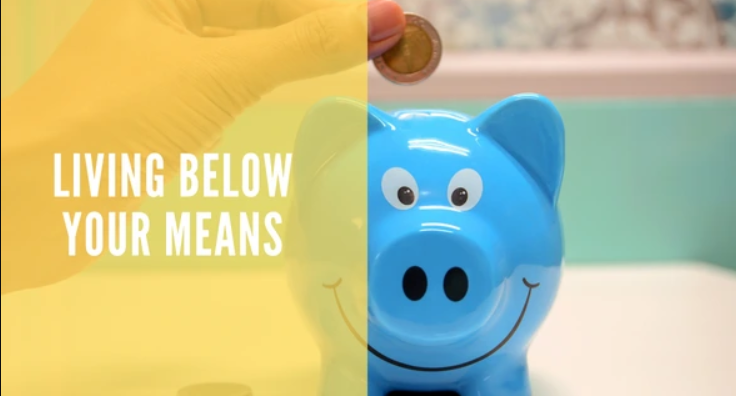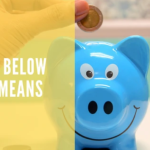Managing multiple debts can feel like juggling too many balls in the air. Keeping track of various payments, due dates, and interest rates can quickly become overwhelming. For many people, debt consolidation seems like an attractive option—it promises to streamline your finances by rolling all your outstanding debts into a single loan with one monthly payment. But is debt consolidation really the right move for everyone?
Before you jump into a debt consolidation plan, especially if you’ve come across offers for free loans it’s crucial to understand both the advantages and potential pitfalls of this strategy. While consolidating your debts might make things easier in the short term, it’s not a cure-all for deeper financial issues. Let’s take a closer look at what debt consolidation entails and whether it’s a wise choice for your financial situation.
The Basics of Debt Consolidation
Debt consolidation involves taking out a new loan to pay off multiple existing debts. This could mean combining credit card balances, personal loans, or other types of debt into one single loan with a fixed interest rate and a consistent monthly payment. The idea is that by consolidating your debts, you can simplify your financial life and potentially lower your overall interest rate.
On the surface, this sounds like a great idea—fewer bills to keep track of, less confusion, and hopefully, a lower monthly payment. However, debt consolidation isn’t just about making things simpler; it’s also about making sure that this move actually helps you in the long run.
The Pros of Debt Consolidation
One of the biggest benefits of debt consolidation is the potential to reduce your monthly payments. If you can secure a loan with a lower interest rate than what you’re currently paying on your various debts, you’ll save money on interest over time. This can make it easier to pay off your debt faster, as more of your payment will go toward the principal balance rather than interest.
Another advantage is the simplicity that comes with having just one monthly payment to worry about. For many people, this alone can relieve a lot of stress and make it easier to manage their finances. You won’t have to juggle multiple due dates or worry about missing a payment on one of your accounts, which can protect your credit score from taking a hit.
Debt consolidation can also provide a psychological boost. The process of combining debts into a single loan can feel like a fresh start, giving you the motivation to stick to a repayment plan and get out of debt for good.
The Cons of Debt Consolidation
While debt consolidation offers some clear benefits, it’s not without its downsides. One of the main drawbacks is that consolidating your debts doesn’t actually reduce the amount you owe—it just restructures it. If you’re struggling with underlying financial challenges, such as overspending or a lack of income, consolidating your debt won’t address these issues. In fact, it could make them worse if you’re not careful.
For example, once you consolidate your credit card debt into a new loan, you might be tempted to start using those credit cards again. If you do, you could end up with even more debt than you started with. It’s important to recognize that debt consolidation requires discipline—if you’re not committed to changing your spending habits, it’s easy to fall back into old patterns.
Another potential downside is the cost of the new loan. While you might be able to secure a lower interest rate, you’ll also want to consider any fees associated with the consolidation loan. Some lenders charge origination fees, which can add to the overall cost of the loan. Additionally, extending the repayment term to lower your monthly payment could mean you’ll pay more in interest over the life of the loan.
Understanding Free Loan Offers
You might have seen offers for free loans as part of a debt consolidation plan. While these offers can be enticing, it’s important to read the fine print. Often, “free” loans come with hidden costs or conditions that could end up being more expensive in the long run. For example, a loan might be interest-free for a limited time, but once the promotional period ends, the interest rate could skyrocket.
Before committing to any loan offer, make sure you fully understand the terms and conditions. Ask yourself whether the loan truly aligns with your financial goals and whether you’ll be able to stick to the repayment plan without getting into more debt.
Is Debt Consolidation the Right Choice for You?
Deciding whether debt consolidation is the right move depends on your individual financial situation. If you have high-interest debts that you’re struggling to pay off, and you’re confident you can stick to a repayment plan, debt consolidation could be a smart strategy to simplify your finances and save money on interest.
However, if your financial challenges go beyond just high-interest debt—such as inconsistent income, poor budgeting habits, or a tendency to overspend—debt consolidation might not be enough to solve the problem. In these cases, it’s important to address the root causes of your financial difficulties before considering consolidation.
Alternative Strategies to Consider
If debt consolidation doesn’t seem like the right fit, there are other strategies you can explore. For instance, you might focus on paying off your debts one by one using the debt snowball or debt avalanche method. These methods involve either paying off your smallest debts first or focusing on the debts with the highest interest rates.
You could also consider working with a financial advisor or credit counselor who can help you create a personalized plan to get out of debt. Sometimes, having an outside perspective can make it easier to see where you can make changes and how to stay on track.
Final Thoughts: Making an Informed Decision
Debt consolidation can be a valuable tool for managing and paying off debt, but it’s not a one-size-fits-all solution. It’s important to carefully weigh the pros and cons, understand the costs involved, and consider your own financial habits before deciding whether it’s the right move for you.
By taking the time to explore your options and think about your long-term financial goals, you can make an informed decision that sets you on the path to financial stability and freedom. Whether you choose to consolidate your debt or pursue another strategy, the key is to stay focused, disciplined, and committed to getting out of debt for good.











